Your genes play a significant role in shaping not just your overall health but also the condition and aesthetics of your teeth. While you may inherit certain dental issues, it doesn’t mean you’re stuck with problematic teeth forever. Read on to learn more about how genetics influence various aspects of your oral health and discover some ways you can address these inherited traits.
1. Composition of saliva and oral microflora
The digestive process initiates in the mouth, with saliva playing a crucial role. Your saliva’s composition, determined by your genetics, influences its effectiveness in breaking down carbohydrates and preventing cavity formation. Components like lysozyme and alkali metal cations in saliva contribute to its antibacterial properties.
If you suspect imbalances in your saliva composition, a visit to the dentist can provide insights. Dentists can recommend specific toothpaste and mouthwash to regulate these components, ensuring optimal oral health.
2. Incorrect bite
Your bite, the alignment of your teeth when your upper and lower jaws are closed, is unique to each person. Posture and nasal breathing difficulties can influence jaw position, impacting dental health and facial features. Malocclusion, an abnormal displacement of the lower jaw, goes beyond aesthetics. If left uncorrected, it may lead to digestion issues and premature enamel erosion.
Correcting your bite is now achievable without pain or discomfort. Traditional braces or Invisalign, a transparent polymer alternative, can effectively address malocclusion and teeth misalignment.
3. Size and shape of teeth
Genetic factors have historically influenced the size and number of teeth, stemming from our ancestors’ dietary habits. While evolution has reduced the need for powerful chewing, genetics still dictate tooth size and placement in the jaw. Inheritance might result in teeth that are too large or too small.
Fortunately, modern dentistry allows for altering the shape, size, and position of teeth. Technologies like 3D dental models enable precise adjustments, including installing dental prostheses or complete restoration.
4. Composition, thickness, and shade of tooth enamel
Genetics also play a role in determining the strength, thickness, and shade of tooth enamel. Robust enamel can withstand daily wear and tear from brushing, exposure to acids, and food dyes. Weakened enamel, however, may lead to vulnerability, making teeth susceptible to damage and decay.
For those with less robust enamel, treatments such as teeth lamination or remineralization can strengthen the protective layer. Dental crowns, veneers, or Lumineers are options if enamel has worn off, addressing both visual and functional concerns.
5. Periods of teething and tooth loss
Due to genetic causes, teething and tooth loss can occur at different times for different people. Although the process usually starts when a child is five or six years old, some people may go through it sooner or later. Genetic predisposition also affects tooth strength as people age, determining whether teeth wear down or stay strong.
It is imperative to schedule routine dental examinations and cleanings to reduce the impact of genes on tooth loss. Early detection of problems allows for preventive measures and solutions.
6. Susceptibility to gum disease
Your susceptibility to gum disease might also be influenced by genetics. Some people may have a hereditary predisposition that makes them more likely to be diagnosed with periodontal disease. Regular dental care, including thorough cleanings and maintenance, is essential to control and prevent gum disease.
The bottom line
When it comes to dental issues, everyone has their own “normal” that is determined by genetic factors. While some people are born with naturally strong, white teeth, others may suffer issues such as cavities or an uneven bite. The good news is that advances in dentistry and technology enable people to address and cure a wide range of inherited conditions. Consultation with a reputable dentist can pave the way for tailored treatments that ensure excellent dental health and a confident smile.
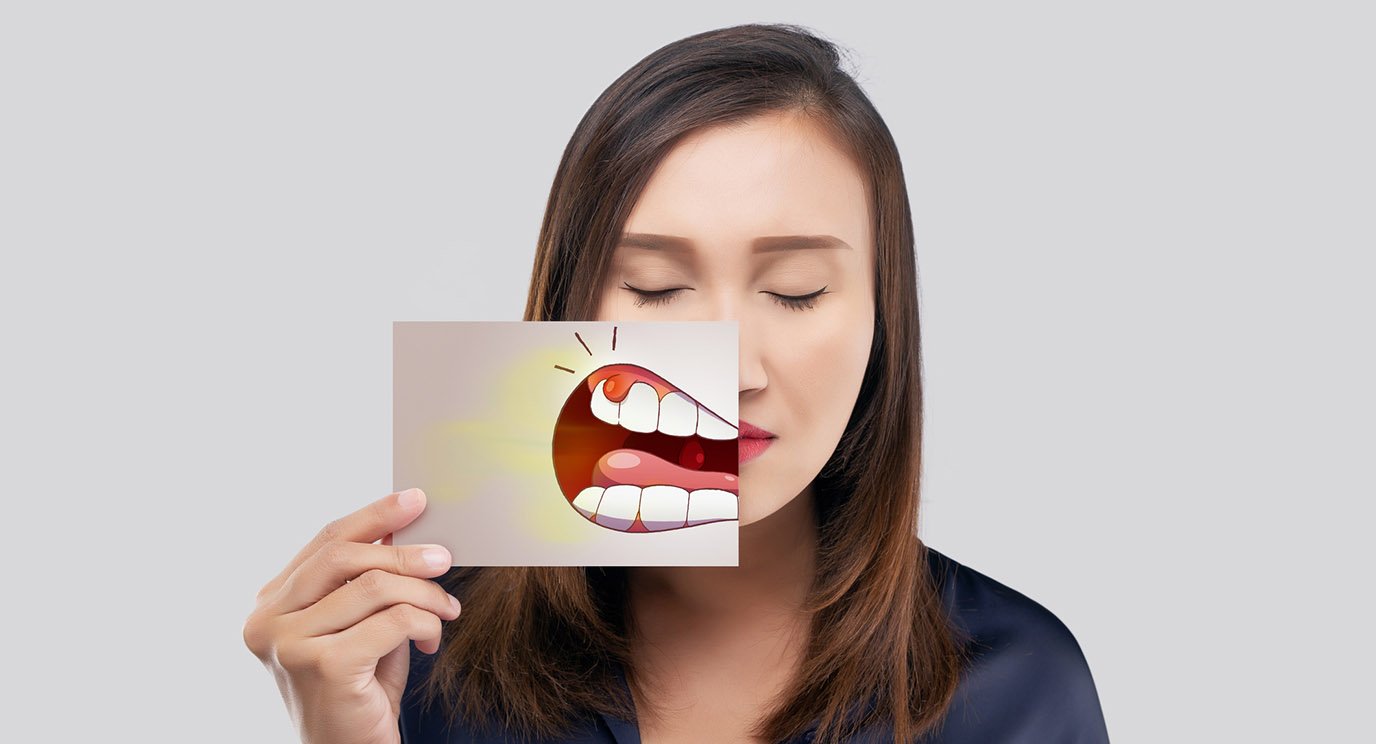












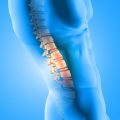




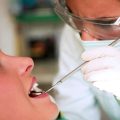





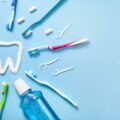

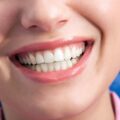










No Comments